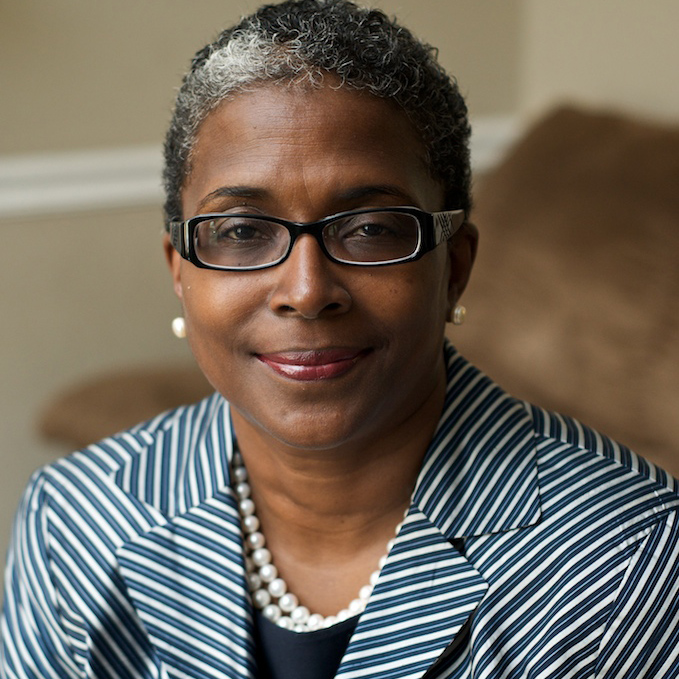By Ebonie Alexander

When it comes to forestry, there is no escaping the fact that it is a male-dominated sector. When it comes to land ownership, there is no denying that white Americans, again predominately men, are in positions of the greatest influence.
But when we come together as women in organizations like the Women’s Forest Congress, we have the power to change the dominant narratives in forestry and land ownership in ways that will reverberate down through generations to come. I want to live in a world where a young Black woman can see herself as a professional forester or a tree farmer because she sees other people like her in those roles.
That’s why I’m calling on my fellow members of the Congress and its supporters to get involved in our work at the Black Family Land Trust and, in particular, to consider how they can support our Women in Agriculture initiative. It recognizes the fact that women have always been active participants in agriculture.
This Virginia-based initiative is an organic group of women who have come together to celebrate and honor the proud history of African American women in agriculture — and I think we can include tree farming when we think of agriculture. The Black Family Land Trust serves as the convener for this support group of proud women.
We have our work cut out for us — after generations of discrimination and outright theft of land, white people own 98% of rural land. This feeds into the myth that the people who built the United States were white, that the first people who cared for our forestlands were white.
Against that founding mythology, what chance does a young Black woman have to see herself writing the next installment of our unfolding story of land stewardship in the U.S.? How do we get her to write herself into the shared story of our land? Environmentalism and entrepreneurship are two pathways to connect Black women back to the land.
Tree farming and conservation easements are opportunities for people to care for the land in ways that produce clean air and water, conserve biodiversity, and sequester carbon. At the Congress, we need to get busy making sure young Black women who care about the environment see a green career path in forestry.
Many young Black women I meet are also looking for ways to carve out their own careers as entrepreneurs. When I work with young people, I say, “There’s nothing you could do that is more entrepreneurial than farming. Everything is in your hands.” Of course, depending on the audience, we can also say “tree farming” instead of “farming.”
Appealing to women that they can be their own boss will also lead them to value the land as both an asset and a resource to be conserved. Land is a finite commodity, and it’s something we all have in common, regardless of race, gender, or other dividers.
I’m proud to say that the Black Family Land Trust measurably improves the quality of life for landowners by providing families with the tools necessary to make informed, proactive decisions about their land and its use. We work to honor the legacy of the stewards of the land who came before us and have faith in the stewards of the land who will come after us.
I know that if we work together and hold each other accountable to deliver truly transformational change, the members of the Women’s Forest Congress will also be able to say that our work will be felt for generations to come.